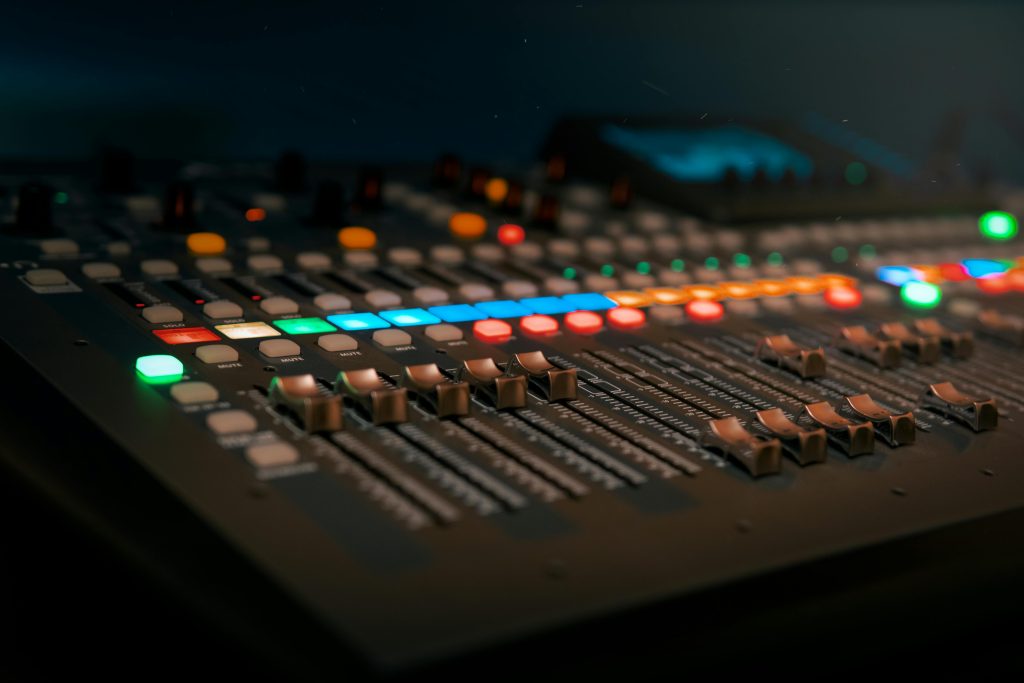Mastering music pitching is essential for any vocalist, whether you’re a beginner or a seasoned performer. However, many singers unknowingly strain their vocal cords while trying to hit the right pitch. The key lies in balancing technique, practice, and vocal care. In this guide, we’ll explore how to master music pitching without damaging your voice, so you can perform confidently and sustainably.
What Is Music Pitching?
Music pitching refers to the ability to hit and maintain the correct musical notes during singing or instrument play. For singers, accurate music pitching is crucial for staying in tune and delivering a performance that resonates emotionally with the audience. When your music pitching is off, it can be noticeable and distracting, affecting your confidence and the overall quality of your sound.
Why Improper Music Pitching Hurts Your Voice
Singing off-pitch often leads singers to overcompensate by pushing their voices harder. This results in vocal strain, which can damage the vocal cords over time. Vocal fatigue, hoarseness, and even vocal nodules can develop from repeated misuse. Mastering music pitching not only improves performance but also ensures vocal health.
The Importance of Breath Control in Music Pitching
Breath control is the foundation of solid music pitching. Proper breathing techniques give you the support needed to hit notes without straining. Diaphragmatic breathing, which involves expanding your belly instead of lifting your shoulders, provides consistent airflow and stabilizes your pitch. Practice breathing exercises daily to strengthen this essential skill for accurate music pitching.
Warm-Ups to Support Healthy Music Pitching
Warming up your voice is non-negotiable. Gentle vocal warm-ups like lip trills, humming, and sirens prepare your voice for the demands of music pitching. These exercises reduce the risk of vocal strain and improve flexibility, allowing for smoother transitions between pitches. Always spend at least 10 minutes warming up before any singing session focused on music pitching.
Develop Your Ear for Better Music Pitching
Training your ear is just as important as training your voice. To master music pitching, you must recognize correct pitches and know when you’re off. Use tools like digital tuners, pitch apps, or piano accompaniment to compare your pitch. Ear training exercises, such as interval recognition and matching tones, will greatly enhance your music pitching accuracy.
Posture and Alignment Matter in Music Pitching
Good posture contributes to effective music pitching by allowing your breath to flow freely. Stand or sit upright with your shoulders relaxed and chest open. This alignment supports your diaphragm and vocal cords, enabling better pitch control. Slouching restricts airflow and leads to uneven music pitching or vocal strain.
Practice Techniques for Music Pitching
Consistent practice is key to mastering music pitching. Use scale exercises to train your pitch range and precision. Start with simple major scales and gradually incorporate minor and chromatic scales. Record yourself to identify areas where your music pitching needs improvement. Repetition, combined with awareness, builds muscle memory for accurate music pitching.
Use Visual Aids to Enhance Music Pitching
Visual aids like pitch-tracking apps and spectrograms can help you visualize your music pitching in real time. These tools show if you’re sharp, flat, or on-pitch, allowing for immediate corrections. Seeing your pitch can accelerate improvement and reinforce muscle-audio connection, which is essential for consistent music pitching.
Avoiding Vocal Fatigue While Pitching
Even with the best technique, overuse can still cause fatigue. Limit your practice sessions to manageable lengths, and always rest when your voice feels tired. Stay hydrated, avoid shouting or whispering excessively, and incorporate vocal rest days into your routine. These habits ensure that music pitching remains a sustainable part of your practice without harming your voice.
Seek Professional Feedback on Music Pitching
Working with a vocal coach or experienced musician can drastically improve your music pitching. A trained ear can catch subtle pitch problems that you might not notice. Coaches can also tailor exercises to your specific challenges and help you develop healthy habits to support your music pitching journey.
Building Confidence in Music Pitching
Confidence is an often-overlooked component of music pitching. Anxiety can affect your pitch control, especially during live performances. Practice regularly in low-pressure environments to build your confidence. Gradually introduce new challenges, such as singing in front of friends or small audiences. Confidence helps keep your music pitching steady, even under stress.
Conclusion
Mastering music pitching without losing your voice requires a combination of technical knowledge, consistent practice, and self-care. From breath control and posture to ear training and warm-ups, each element plays a crucial role in your success. Avoiding vocal strain is not just about singing less—it’s about singing smarter. By following the steps outlined above, you can refine your music pitching abilities while preserving the health and longevity of your voice, ultimately becoming a more confident and effective performer in any musical setting.
